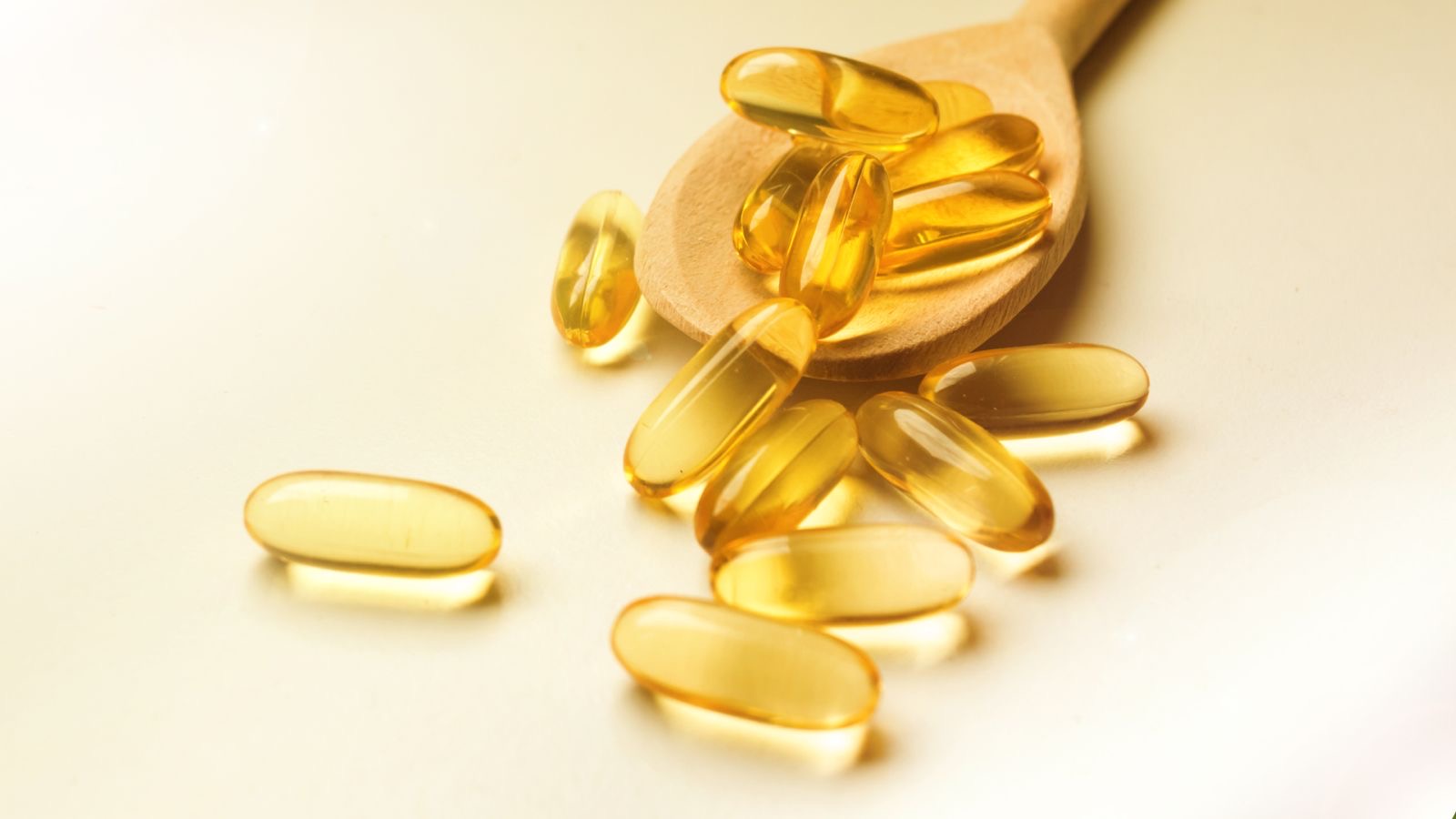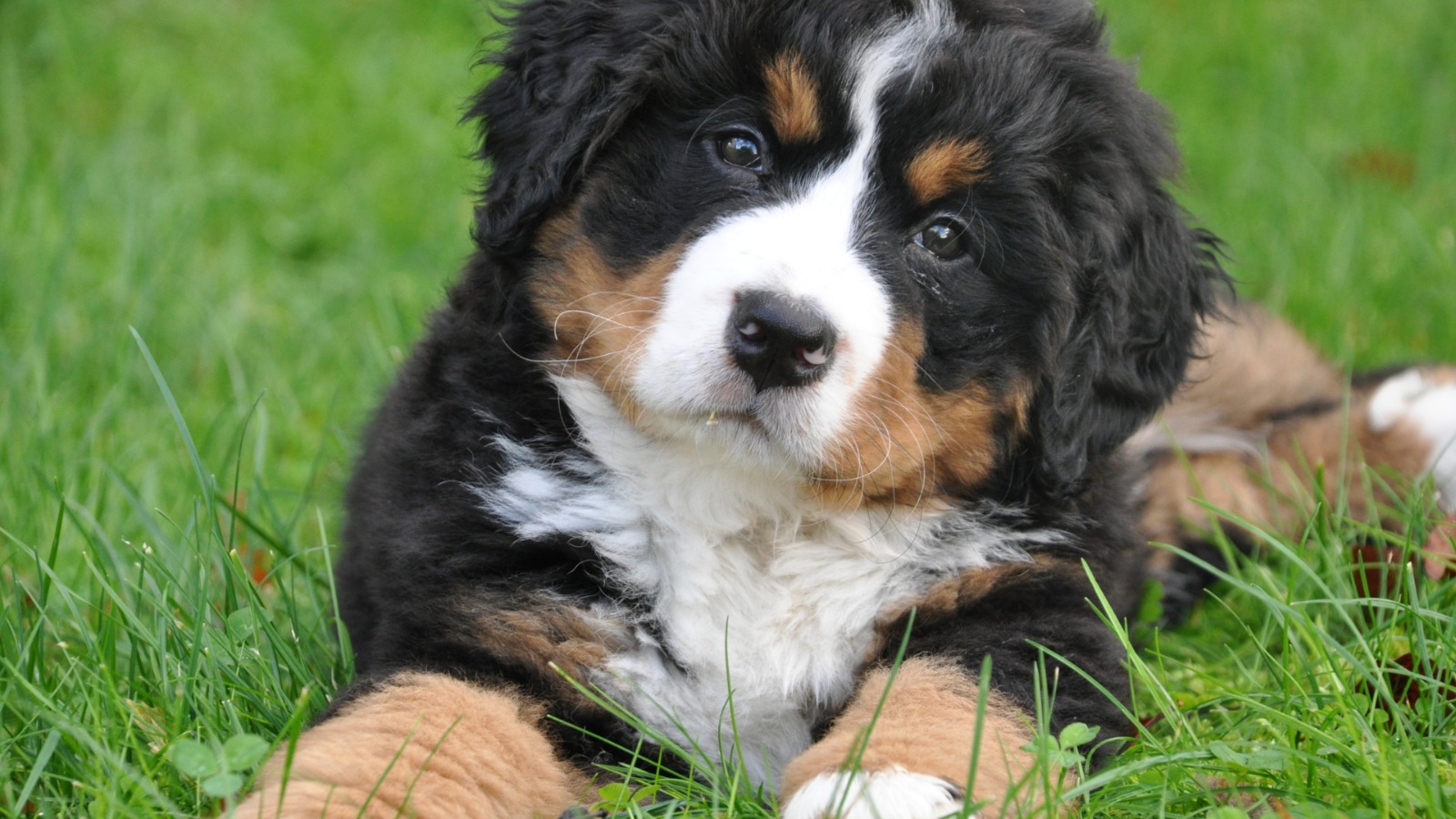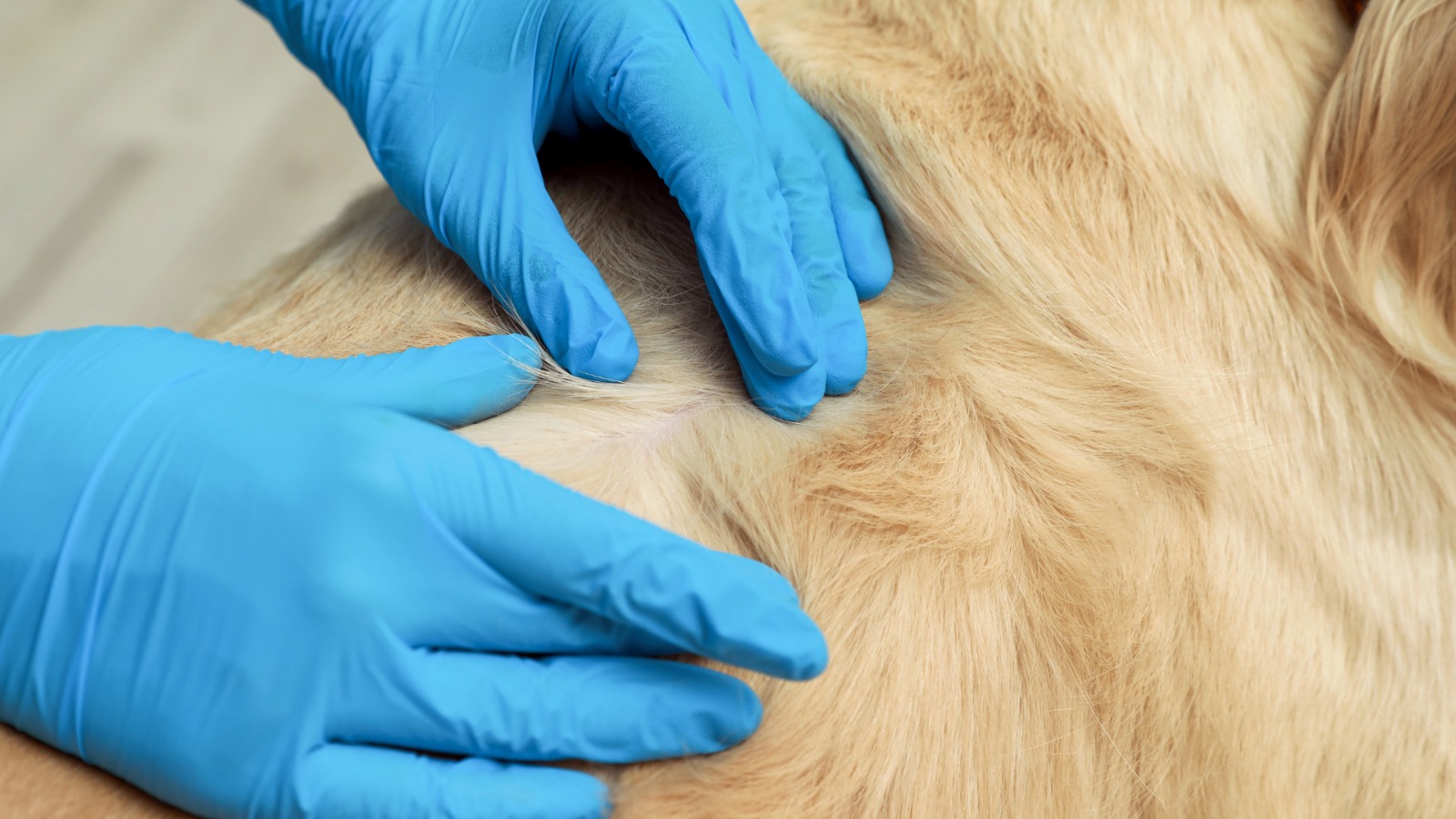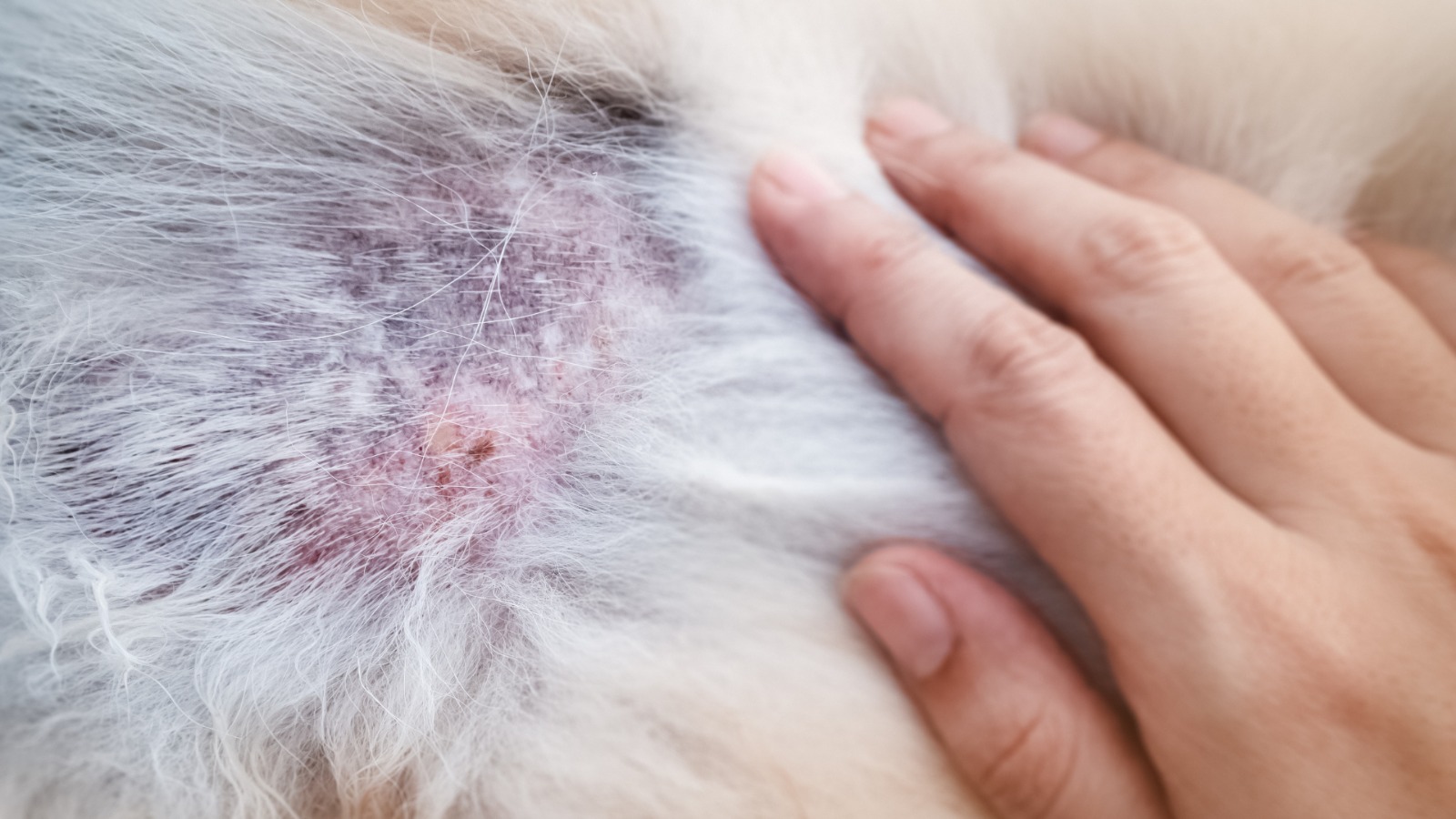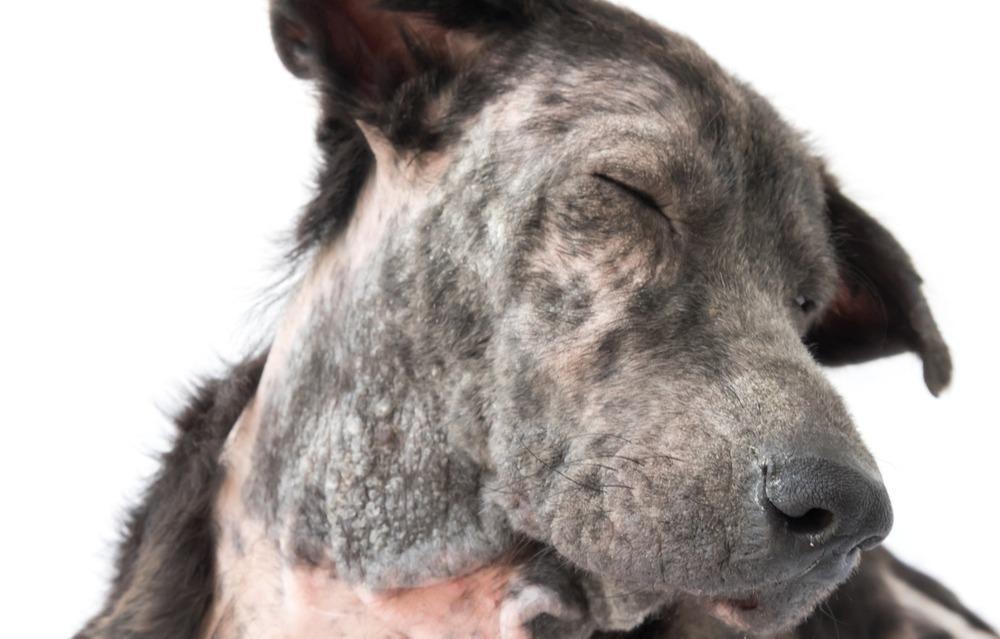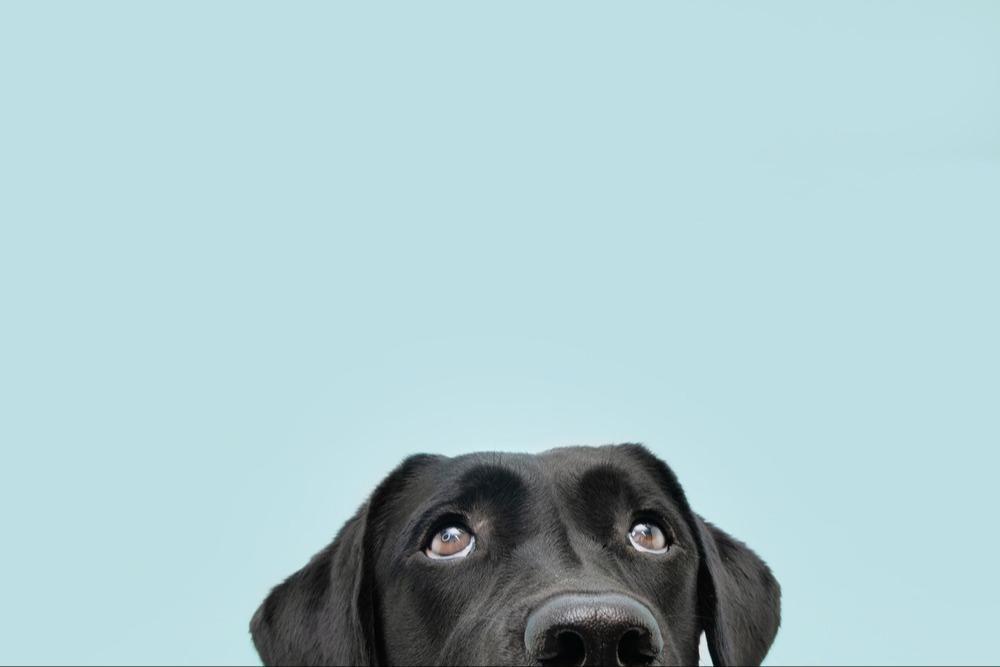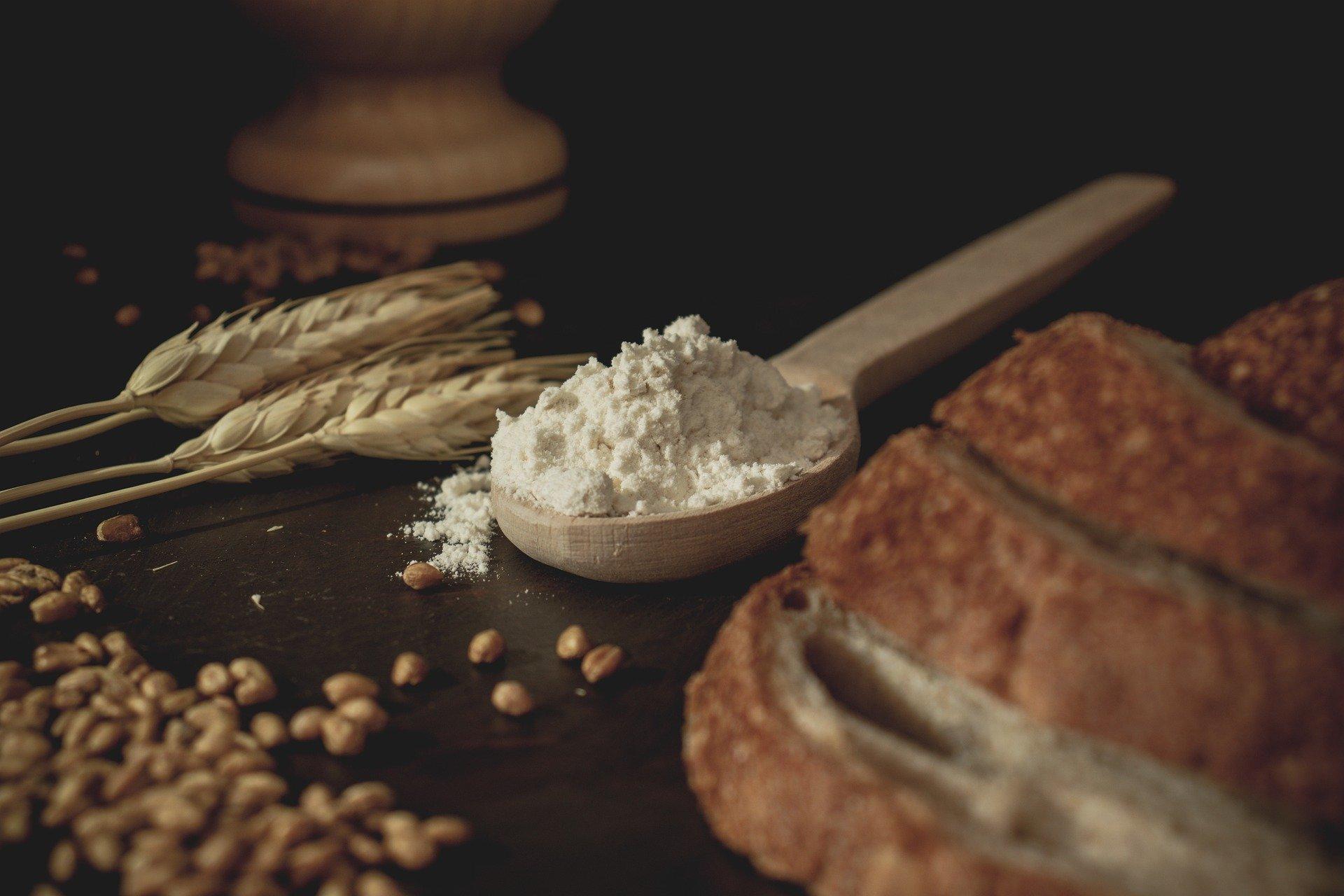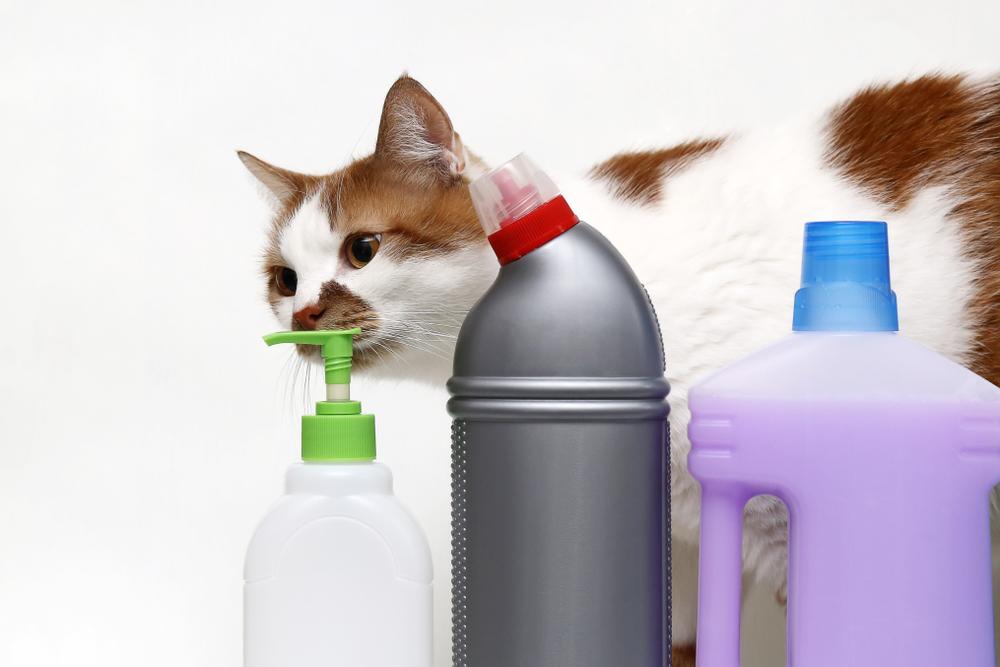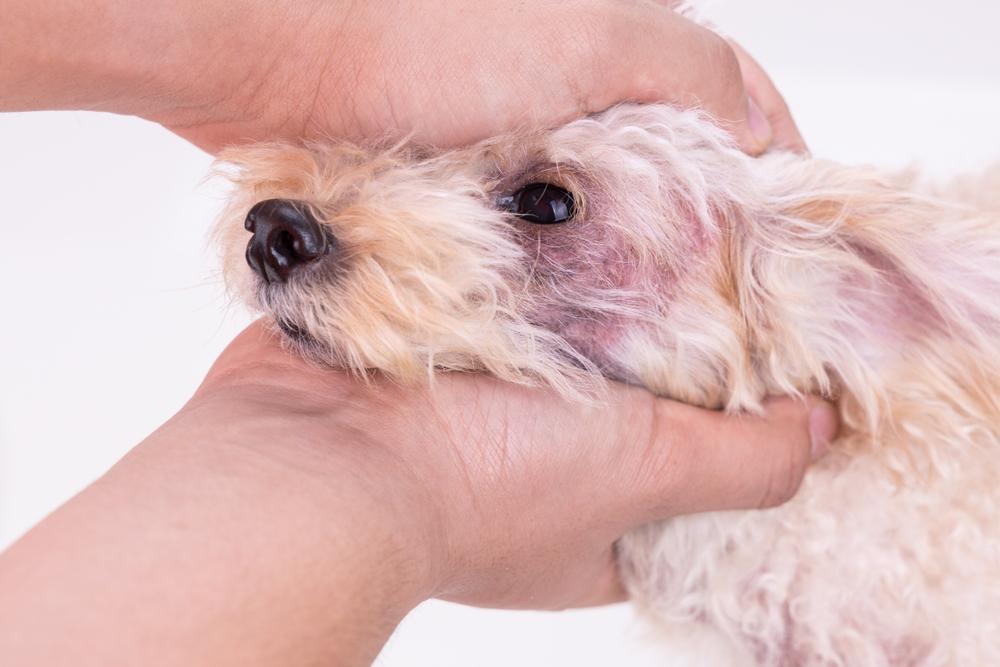Amongst the foods marketed for pets, grain free is sitting front and foremost. Whilst we specialise in a range of health issues here at My Pet Nutritionist, we also consult on the most appropriate diets for pets. One of the questions we have been asked, does my dog need a grain free diet?
Well, we see huge benefits to a whole or cooked fresh food diet, which is technically grain free, but we know this isn’t what you mean, so let’s take a look at where grain free diets came from and how they have found their way into many homes around the world.
Grain Free Diets
The concept of a grain free diet likely came from human literature. Grains are in fact a staple in many traditional diets, but a number of books appeared on bookshelves resulting in people cutting this food group out.
Grains include wheat, spelt, rye, corn, millet, rice, sorghum, and oats. You’ll notice that both gluten and non-gluten grains are included. In addition, many people opted to cut out products derived from grains like rice syrup or high-fructose corn syrup (which is actually great!).
There were a number of reasons for the demonisation of grains. Firstly they were thought to contribute to inflammation in the body, and therefore be a causative factor in many inflammatory conditions.
This could be due to the lectin content found in grains.
Lectins are often described as an antinutrient and as they are found in potatoes, beans, lentils, peas, soybeans, nightshade vegetables and you guessed it, grains.
Lectins are carbohydrate binding proteins present in most plants, especially seeds and tubers like cereals, potatoes, and beans. Their original purpose was protection. They would produce an inflammatory response in the animal that ate them – so they wouldn’t eat them again. Humans and Dogs are largely unable to digest them, but friendly bacteria in the gut
can lend a hand.
At high dietary levels, it is thought that lectins cause damage to the structure of the brush borders of the small intestine. In lectin fed rodents, the mucosal membrane in the small intestine was stripped, compromising the gut integrity. This compromise has also been linked to abnormal bacterial proliferation.
Findings Here
Furthermore, some bacteria responsible for urinary tract infections contain lectins specific for the sugar mannose and use these lectins to bind tightly to mannose-rich tissue in the bladder walls – therefore initiating infection. D-mannose supplementation provides a decoy for these bacteria.
Lectins also cause discharge of histamine from gastric mast cells which stimulates acid secretion – and as you know, we obviously need stomach acid, but in the right amounts – not too much, or too little.
In addition, animal and cell studies have found that active lectins can interfere with the absorption of minerals, especially calcium, phosphorus, and
However, lectins are most potent in their raw state, so cooking can inactivate most lectins. They are also water-soluble, so soaking also removes them too!
Grains have also been linked to:
- Anxious and depressive behaviour
- Chronic pain
However, most studies to date have considered these issues alongside gluten containing grains. Researchers have therefore concluded that the issue may in fact be relating to gluten as opposed to the grain.
Grain free diets have been linked to weight loss, reduced inflammation, and modulated blood sugar levels.
However, to fully understand the role of grain free diets, it’s pertinent to pick this apart a little further.
Many grains contain a carbohydrate content, when grains are refined and processed, like those found in many commercial foods, they become a calorie-rich but nutrient poor food. With the removal of the grain, by default, the calorie content is reduced.
This same premise applies to inflammation. It is well established that refined grain intakes have been positively associated with risk of metabolic diseases as well as with inflammatory protein concentrations.
Refined grains are milled, a process that strips out both the bran and germ to give them a finer texture and longer shelf life. The refining process also removes many nutrients, including fibre. Refined grains include corn flour and white rice.
Whole grains on the other hand haven’t had their bran and germ removed by milling; therefore, all of the nutrients remain intact. Whole grains are sources of fibre and other important nutrients, such as selenium, potassium, and magnesium. Whole grains include millet, bulgur, buckwheat, barley, and oatmeal.
This is relevant when we consider how grain free diets have been linked to modulating blood sugar levels. Grains are naturally a source of carbohydrates. As we know, when carbohydrates are ingested, without naturally occurring fibre, they are digested very quickly, and pass into the blood stream. This results in a spike in blood sugar, which insulin must come and manage. Refined grains are devoid of fibre. Whole grains on the other hand are rich in fibre which may help stabilise blood sugar levels.
The take home here is when we are looking at the benefits touted in grain free diets, we must consider the grains that are being referenced.
Grain Free Diets and Dilated Cardiomyopathy
You will have come across the FDA link between grain-free dry dog foods and dilated cardiomyopathy (DCM).
The issue is suggested to be related to a taurine deficiency.
Cats and humans are among the few mammals whose bodies do not make taurine, and therefore must obtain it from their diet. In humans, taurine deficiency is rare because taurine is common in meat and fish food products.
In the 1970’s, Quinton R. Rogers of UC Davis showed that a taurine deficiency could cause degeneration of the retina in cat’s eyes. Kittens born to taurine deficient mothers are often blind and show many abnormalities such as impaired gait. For this reason, in the 1980’s new cat feeding guidelines were introduced, stating a minimum level for taurine in cat food.
But, in later years it was also found that taurine plays a role in regulating calcium entry into heart tissue every time it beats. Researchers soon noticed that cats presenting with dilated cardiomyopathy also had low levels of taurine. When taurine was supplemented in the diet, the cats recovered.
Dogs do not technically have the same amino acid requirement – where they do have essential amino acid requirements, taurine is not one of them because healthy dogs can produce it themselves from two other amino acids, methionine and cysteine. It is therefore considered, that if the diet is rich in these amino acids, dogs will meet their own amino acid need. Methionine and cysteine are found in highest concentrations in animal proteins (muscle, organ meats, and eggs).
But there are reports that some dogs included in the FDA investigation were not in fact taurine deficient which raises questions surrounding the remaining components of the grain free diet and the impact on digestion and utilisation of nutrients for heart health.
Other causes of dilated cardiomyopathy:
- Myocarditis (infective/toxic/immune)
- Carnitine deficiency
- Selenium deficiency
- Calcium deficiency
- Mitochondrial dysfunction
- Endocrine
- Thiamine deficiency
- Hypophosphatemia (low phosphate)
Findings Here
Summary
Grain free diets were born from the idea that humans and subsequently dogs, would not have historically eaten grains, but we must ask if the benefits were largely based on the gluten free diet founded for those suffering with celiac disease (in human realms).
Much of the data for grain free diets is based on refined grains, which we know are calorie rich but nutrient poor.
It almost feels like a debate we shouldn’t need to have. When we feed a fresh, whole-food diet, it is nutrient rich and for the healthy system, bioavailable. Of course, we’re not always that good at doing it ourselves and nutrient deficiencies can occur, but if we know, we can do better.
Are We Really That Good At Doing It Ourselves
But a fresh food diet is by and large, grain free, so on that premise, your dog absolutely needs a grain free diet!
If you would like any support in choosing the most appropriate diet for your dog or putting a plan together for a fresh food diet, then please check out our services.
Consultations
Thanks for reading,
MPN Team;

